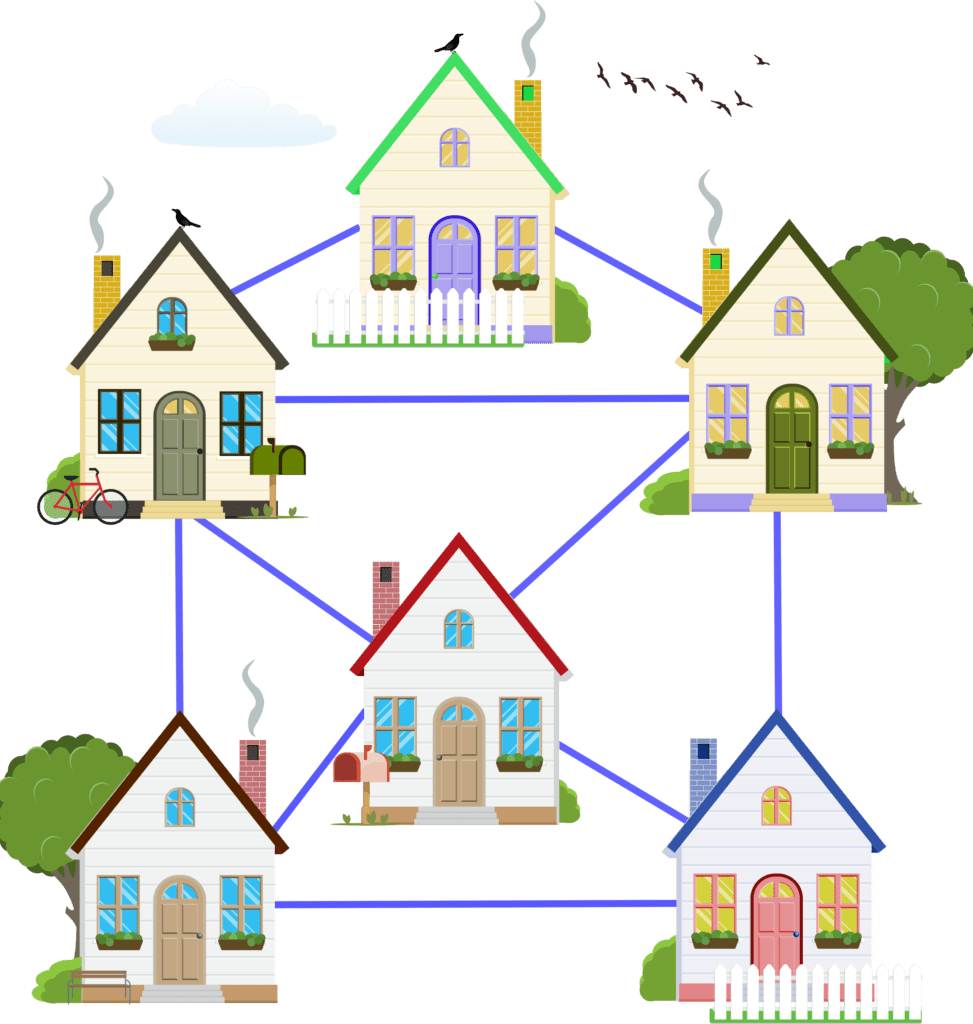

We've had a hard winter and some of us are feeling pretty battered by all the storms. Soon the government will be issuing its flood predictions for spring of 2022. Hopefully, the flood forecast will not be too dire. But no matter what's on the horizon, now is a good time to talk to your neighbors about preparedness.
This is important!
Don’t wait. If there is a region-wide emergency, you can not do emergency preparedness by yourself. You might, maybe, be able to get through a small, very localized crisis without relying on neighbors or without neighbors needing your help. But if you experience any kind of major disaster in your neighborhood or your town, community cohesiveness is vital and this starts by talking to your neighbors.
It’s actually cool to be prepared
Talking to your neighbors does not make you a crazy person! The idea of preparedness has been in the news a lot lately. FEMA, Red Cross, and many other agencies have been encouraging people to be prepared to get through three days of a disaster, starting with a 72-hour kit. In Sweden, the government is telling its people to be ready to survive one week without any help from the government. A local government official said, “I think it’s important that you can manage yourself. Society has changed and is vulnerable and complex with many dependencies. It can easily be any disturbance, so we have to [be able to] manage [care for] ourselves.”
The first step to any disaster response is to ensure that you and your family are safe. But after that, you will want to turn your attention to your neighbors. This will be especially important if the crisis is a long-term or persistent one (such as a flood or long-term power outage.) Working cooperatively with your neighbors will ensure that everyone will fare better than if we work off the “every man for himself” model.

How to start
Chances are many of your neighbors have already been thinking about being prepared for a disaster. But no one wants to look like a crazy prepper, right? So no one talks to each other about it. So it’s time for you to break the ice.
Here are some questions you might ask to start the conversation:
Organize a neighborhood preparedness event
Once you’ve talked to neighbors about emergency preparedness, you’ve laid the groundwork for creating a neighborhood plan. Now it’s time for follow up. Work with your neighbors and together host an event such as:
We all feel an obligation to help those in need, even more so during a disaster. Even if we had no moral duty to help others in need, simple pragmatism dictates it. Imagine if during a major power outage or catastrophic disaster, you and your family are the only ones with food and clean water. How do you think your neighbors will respond? How will you feel watching while others struggle with a disaster?
A widespread disaster affects us socially, economically, emotionally, spiritually and, of course, physically. For your family’s well-being, begin today talking about and encouraging your neighbors to be prepared for a disaster.